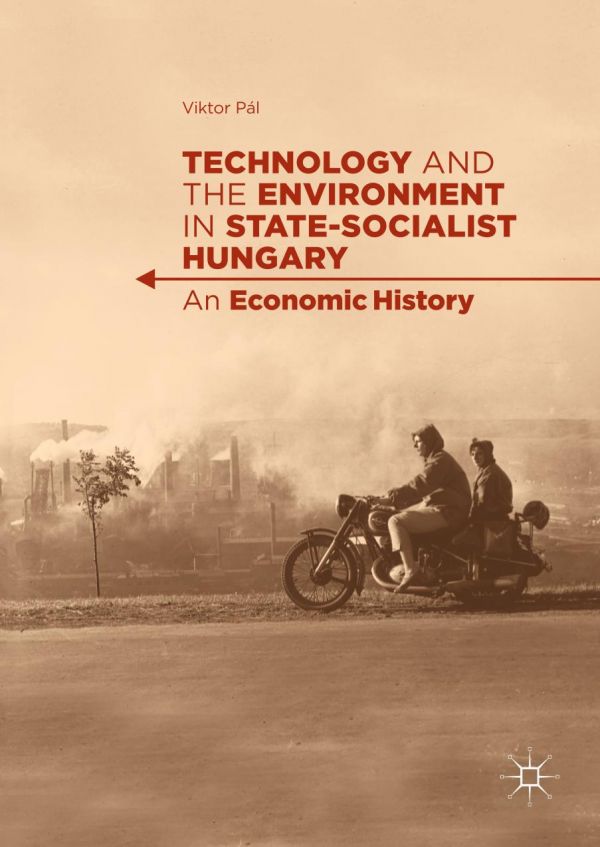

Most ebook files are in PDF format, so you can easily read them using various software such as Foxit Reader or directly on the Google Chrome browser.
Some ebook files are released by publishers in other formats such as .awz, .mobi, .epub, .fb2, etc. You may need to install specific software to read these formats on mobile/PC, such as Calibre.
Please read the tutorial at this link: https://ebookbell.com/faq
We offer FREE conversion to the popular formats you request; however, this may take some time. Therefore, right after payment, please email us, and we will try to provide the service as quickly as possible.
For some exceptional file formats or broken links (if any), please refrain from opening any disputes. Instead, email us first, and we will try to assist within a maximum of 6 hours.
EbookBell Team

4.3
58 reviewsThis book explains how and why the state-socialist regime in Hungary used technology and propaganda to foster industrialization and the conservation of natural resources simultaneously. Further, this book explains why this process was ultimately a failure. By exploring the environmental pre-history of communist Hungary before analyzing the economic development of the Kádár regime, Pál investigates how economic and environmental policies and technology transfer were negotiated between the official communist ideology and the global economic reality of capitalist markets. Pál argues that the modernization project of the Kádár regime (1956–1990) facilitated ecological consciousness – at both an individual and societal level – which provoked great social unrest when positive environmental impact was not achieved.
Today, global issues of climate change, urban pollution, resource depletion, and overpopulation transcend political systems, but economic and environmental discourses varied greatly in the twentieth century. This volume is important reading for all those interested in economic and environmental history, as well as political science.